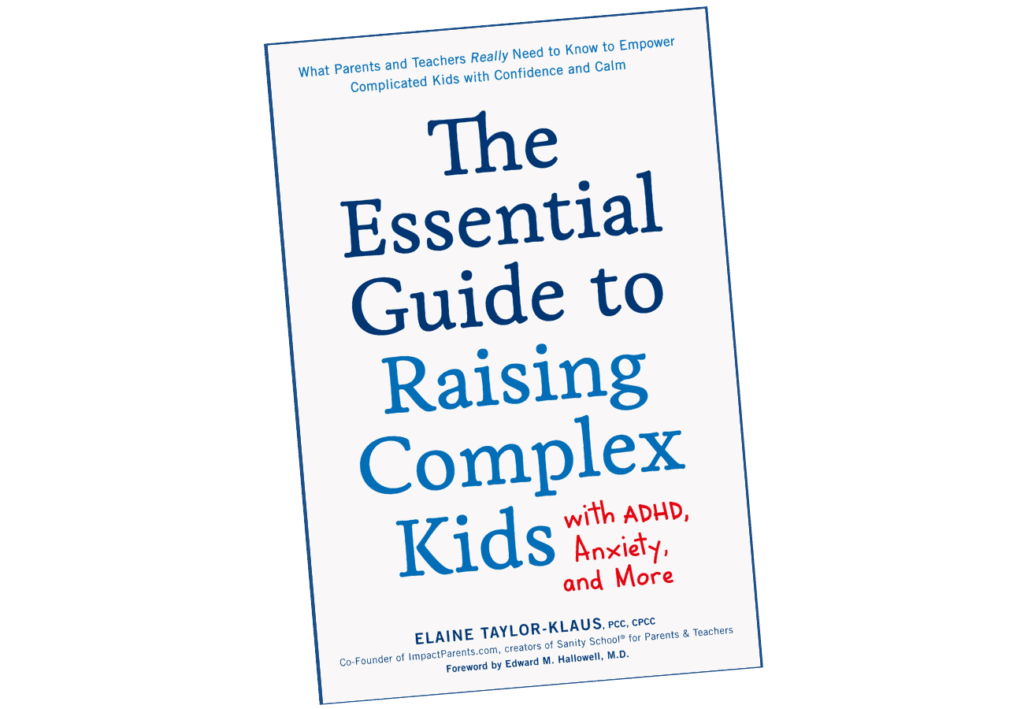Understanding Resentment in Parenting: A Call for Communication
In her insightful blog post titled “Parenting Together: Getting on the Same Page,” my husband, David Taylor-Klaus, highlights a critical issue many couples face during the parenting journey.
“Imaginary conversations nearly destroyed our marriage. Throughout our first decade as parents, the discussions Elaine and I had about our parenting expectations often happened only in our minds. When one parent feels isolated in their responsibilities, it’s easy for resentment to take root. Communication becomes strained. Co-parenting can falter not due to voiced disagreements, but because of unexpressed feelings.”
The Weight of Unspoken Discontent
When reality doesn’t align with our expectations, we instinctively search for reasons behind our disappointment. This becomes particularly poignant when we perceive unfairness—perhaps when our child is facing challenges, or when the brunt of managing these struggles falls disproportionately on one parent. It’s in these moments that resentment can creep in.
Sometimes, we find ourselves resenting others—our partners, fellow parents, teachers, or even friends—because they seem unaware of our deep desire to support our children. Other times, we turn that resentment inward, overextending ourselves for our kids while neglecting our own needs, leading to feelings of guilt and bitterness.
The Silent Growth of Resentment
Resentment thrives in silence and can escalate rapidly. It obstructs effective communication, erecting walls between partners and diminishing intimacy. This cycle gives rise to blame, judgment, and a sense of being overwhelmed. However, through open communication, resentment can be dispelled.
A Journey Toward Understanding and Connection
As David reflects on their evolving relationship, he notes, “Though many things changed over time, one truth remains: we never lost faith in each other or the family we aimed to build together. Elaine was steadfast in her support, even during our disagreements. She believed in my good intentions. As she gained insights into ADHD, she creatively shared her knowledge with me, even when I was defensive. We transitioned to conversations filled with less judgment and more acceptance for one another and our children.”
Breaking Free from Resentment
The greatest obstacle to releasing resentment is often the sense of justification we cling to. Holding onto resentment can appear easier than confronting difficult topics. It feels safer to keep our true desires and needs bottled up. Letting go of resentment without resorting to blame is challenging, as it demands vulnerability from us—an act not easy for anyone. David concludes his article with a powerful challenge to parents: “Start a new conversation. Discover what’s essential to your co-parent. LISTEN. Get curious. Avoid making significant decisions. Simply explore each other’s viewpoints and seek common ground.”
Choosing a Healthier Path
Feeling unjustly treated is often valid, and indeed, many situations might be inherently unfair. However, it is crucial to recognize how resentment can fester and undermine your ability to be the parent you aspire to be. The responsibility to release that resentment lies within you. Though it may not be a simple task, the effort is undeniably worthwhile.


